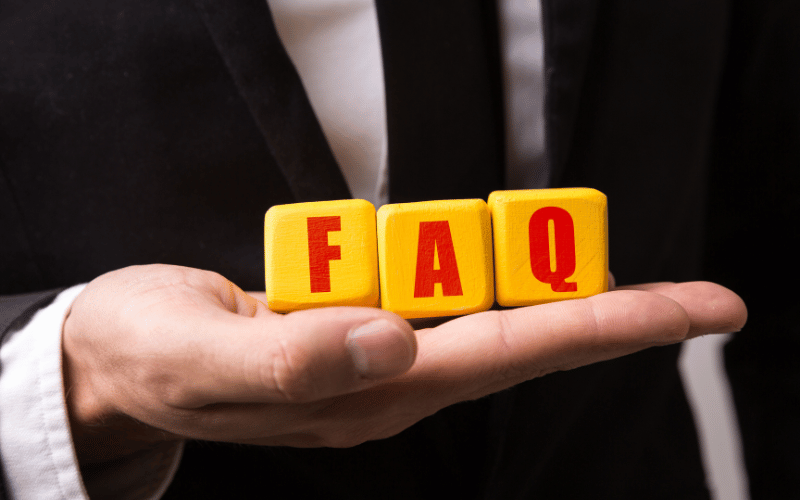Frequently Asked Questions (FAQs) about Sleep Apnea Symptoms
Advertisements
 Advertisements
Advertisements
1. What is the most common symptom of sleep apnea?
While snoring is one of the most commonly reported symptoms, it’s important to note that not everyone who snores has sleep apnea. It’s the presence of multiple symptoms, like daytime fatigue, difficulty concentrating, and frequent nighttime awakenings, that usually hints towards sleep apnea.
2. Can mood changes and irritability really be related to sleep apnea?
Yes, absolutely. The consistent sleep disruption and decreased oxygen levels experienced during episodes of sleep apnea can directly impact neurotransmitter levels and brain function. This can, in turn, lead to mood fluctuations, irritability, and even depression.
3. Are frequent bathroom trips at night always an indication of sleep apnea?
While nocturia (frequent nighttime urination) can be a symptom of sleep apnea, it isn’t exclusive to it. Several other conditions, including age, bladder issues, or even diabetes, can contribute. However, when combined with other sleep apnea symptoms, it’s worth considering a potential connection.
4. I’m always tired during the day. Does that mean I have sleep apnea?
Excessive daytime sleepiness can be a hallmark of sleep apnea, but it’s also associated with several other conditions like insomnia, narcolepsy, or even chronic fatigue syndrome. If you’re concerned, it’s best to consult with a healthcare professional who can provide a comprehensive assessment.
5. How does sleep apnea impact one’s libido?
Sleep apnea can lead to hormonal imbalances, notably a potential decrease in testosterone levels. Coupled with the fatigue and mood changes brought about by sleep disruptions, it’s not uncommon for individuals with sleep apnea to experience a decreased interest in intimacy.
6. Are there any other symptoms of sleep apnea that aren’t commonly known?
While the symptoms listed above are among the most common, sleep apnea can manifest differently in different individuals. Some might experience night sweats, dry mouth upon waking, or even memory issues. If you suspect you might have sleep apnea, it’s essential to consult a medical professional for a comprehensive understanding.
7. Do children exhibit the same sleep apnea symptoms as adults?
Children can indeed suffer from sleep apnea, but their symptoms might differ. While they can also snore or display daytime sleepiness, children might also exhibit behavioral issues, academic struggles, or even bedwetting. If you notice such symptoms in your child, it’s crucial to seek medical advice.
Conclusion: The Hidden World of Sleep Apnea
Sleep apnea, with its myriad of symptoms, is like a complex puzzle, with each piece offering insights into the disorder’s profound impact. From the obvious signs like snoring to the more subtle ones like mood changes or decreased libido, every symptom tells a story.
Recognizing these signs is more than just a diagnostic exercise; it’s about understanding the intricate dance between sleep, health, and overall well-being. By shedding light on these symptoms and addressing the root cause, individuals can embark on a journey towards a more restful sleep, enhanced vitality, and a life unburdened by the shadows of the night.